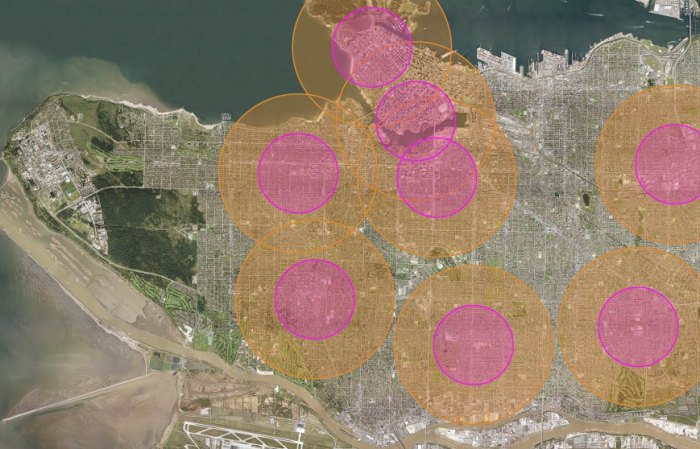OCOP has signed on to a letter sent by the Coalition of Vancouver Neighbourhoods to BC Minister Rich Coleman regarding the proposed privatization — and potential redevelopment — of BC Housing supportive housing projects in Vancouver. The full text of the letter is below:
Dear Minister Coleman,
RE: Neighbourhood Engagement in Planning and Development
The Coalition of Vancouver Neighbourhoods is a consortium of 25 Vancouver Residents’ Associations representing residents across the city. As a coalition, our purpose is to ensure that planning and development in our neighbourhoods happens within specific guidelines that focus on meaningful consultation, public engagement and collaborative planning.
We are writing to express serious concern with your proposed plan to offer significant public lands and housing throughout the City of Vancouver for sale and potential redevelopment without any prior discussion with impacted neighbourhoods. There is a tendering process currently underway for the first two such properties. Therefore our concerns are immediate and urgent.
It is our position that there is no need for haste in selling off BC Housing operated land. On the contrary, there are many reasons to undertake a thorough collaborative planning process with residents and the communities in question, with a focus on local preferences for land ownership and development. We believe that this must happen prior to any decision any one of BC Housing’s holdings.
We are alarmed by the speed of this drastic change in policy. While it is understandable that nonprofit housing societies would want to purchase rather than lease the lands on which they operate, it is unclear whether or how the public, or the neighbourhoods, or indeed residents of the housing will benefit from such a change in ownership.
Local input is critical to ensure that these properties continue to meet their goals. As such, any plans for use which will bind BC Housing’s ability to deliver services must, in our view, incorporate such input. The tender must be halted to ensure the future viability of these properties.
On behalf of the many Vancouver residents we represent we ask that you terminate the current tender, and suspend the policy to allow for a full and open public discussion of the merits and efficacy of undertaking such a change. As taxpayers and residents we share ownership of the properties in question which your government manages on our behalf. We wish to have sufficient time and information to allow for fulsome consultation and collaboration on the future of these public lands.
The Coalition’s Statement of Principles and Goals outlines more completely what collaborative planning entails. We attach a copy for your reference.
We need to keep these lands in public ownership or – even better — find some creative way to transform this into a resident-owned and managed situation.
Besides that, there was no consultation in this case with the residents or Ray-Cam which currently helps manage the properties. Residents of Grandview need to be particularly concerned because McLean Park will no doubt be the next target. This needs to be stopped.
